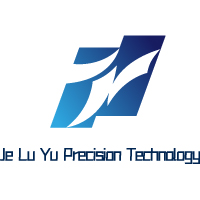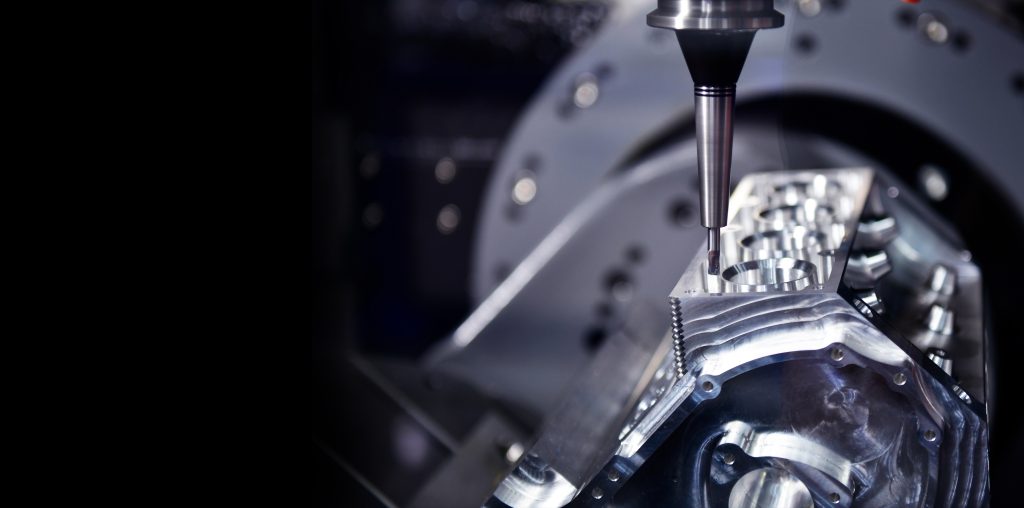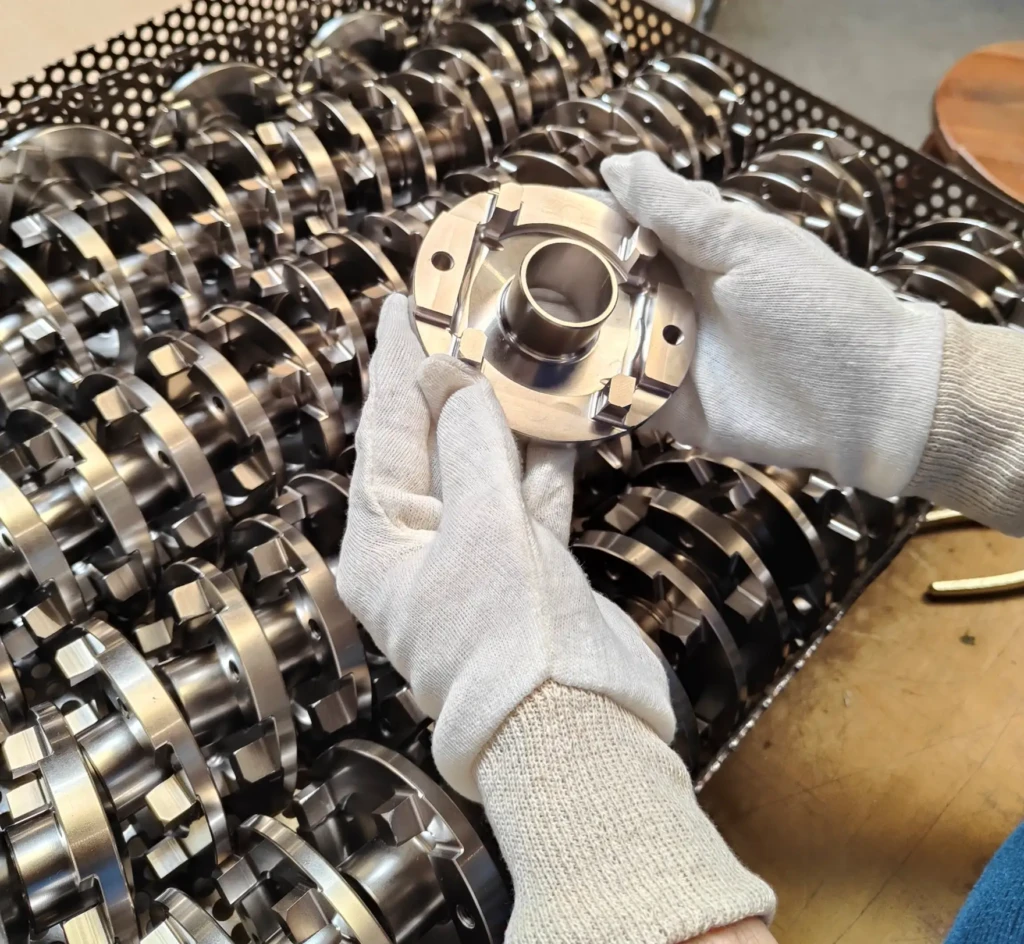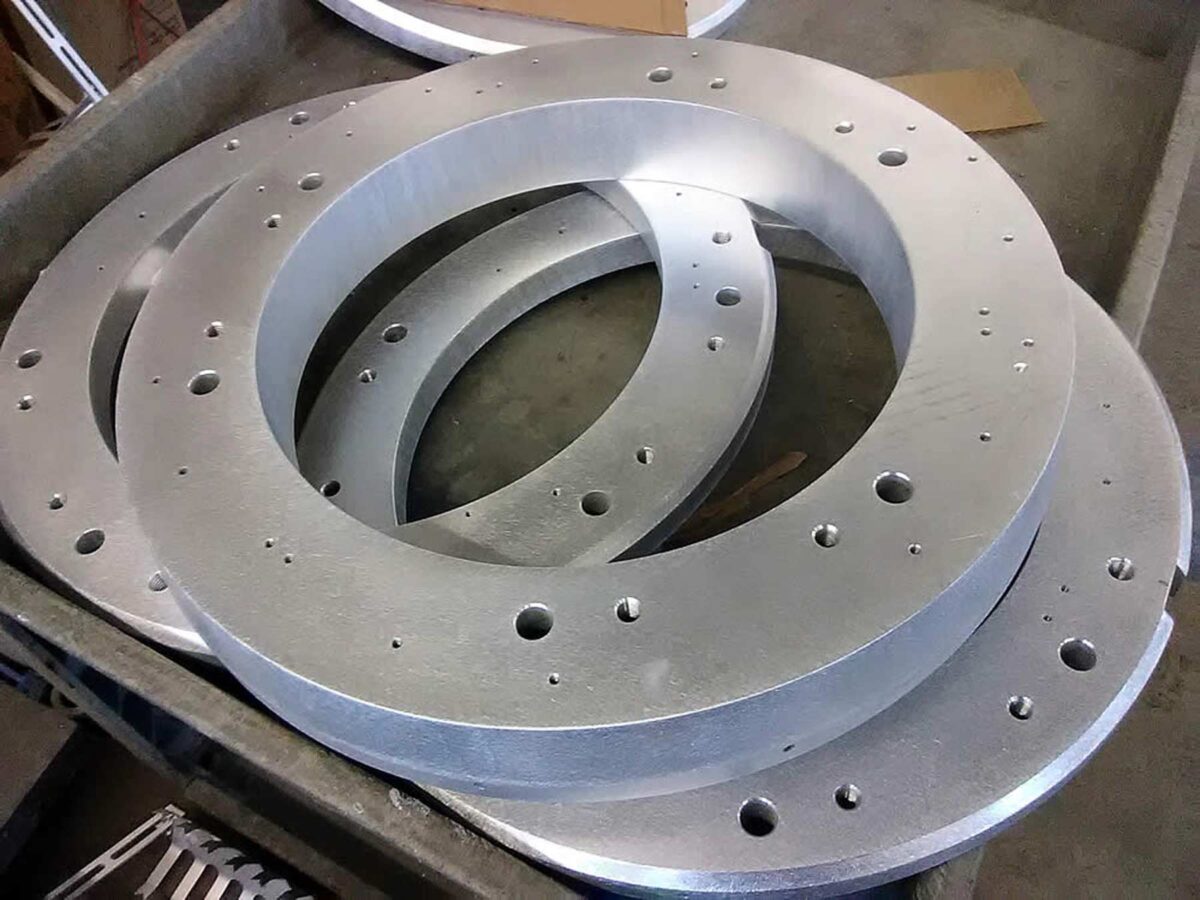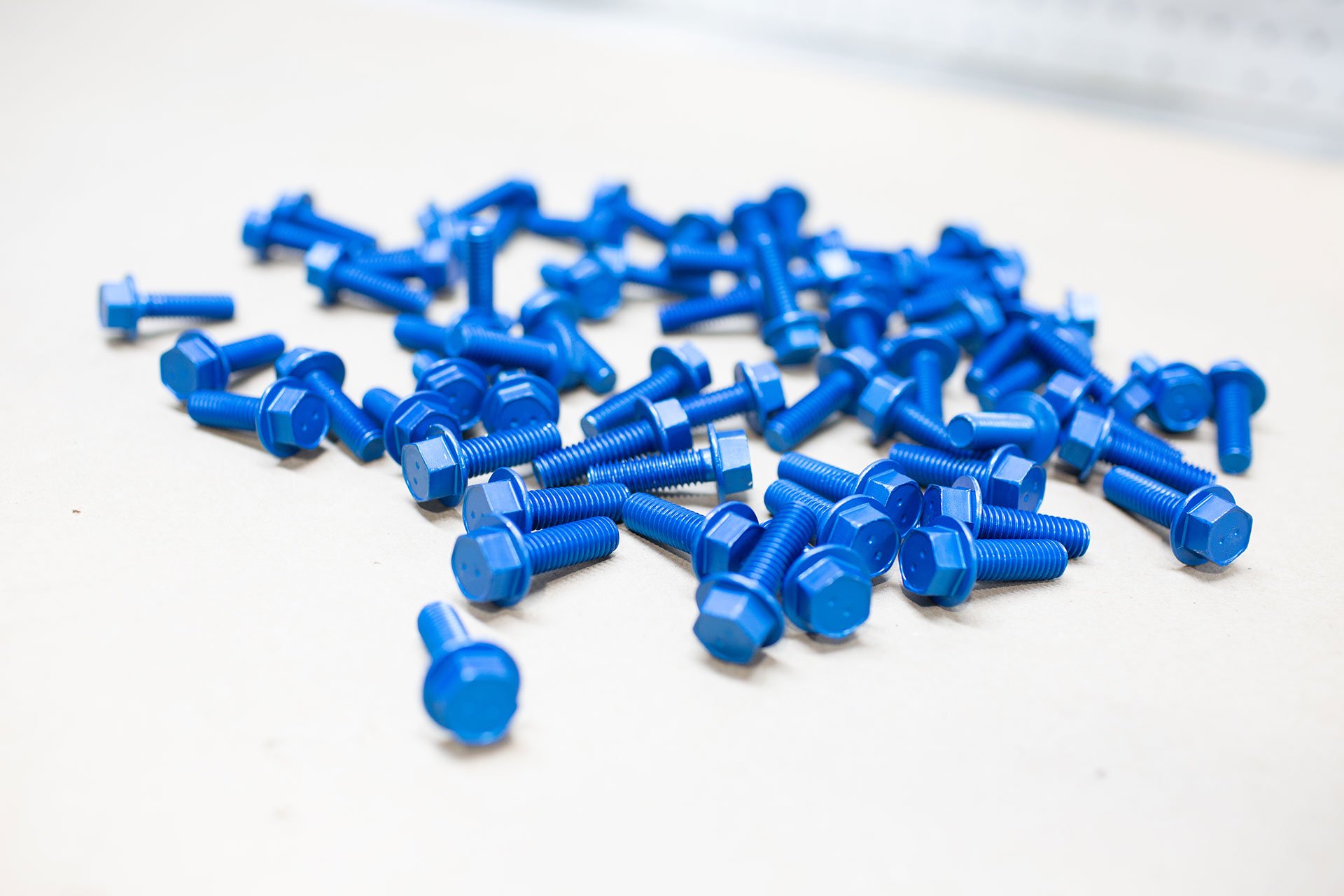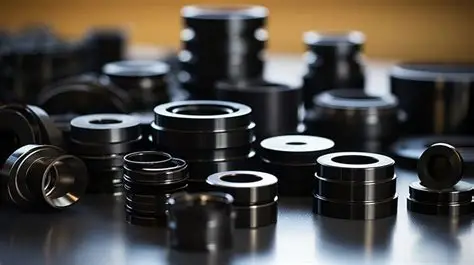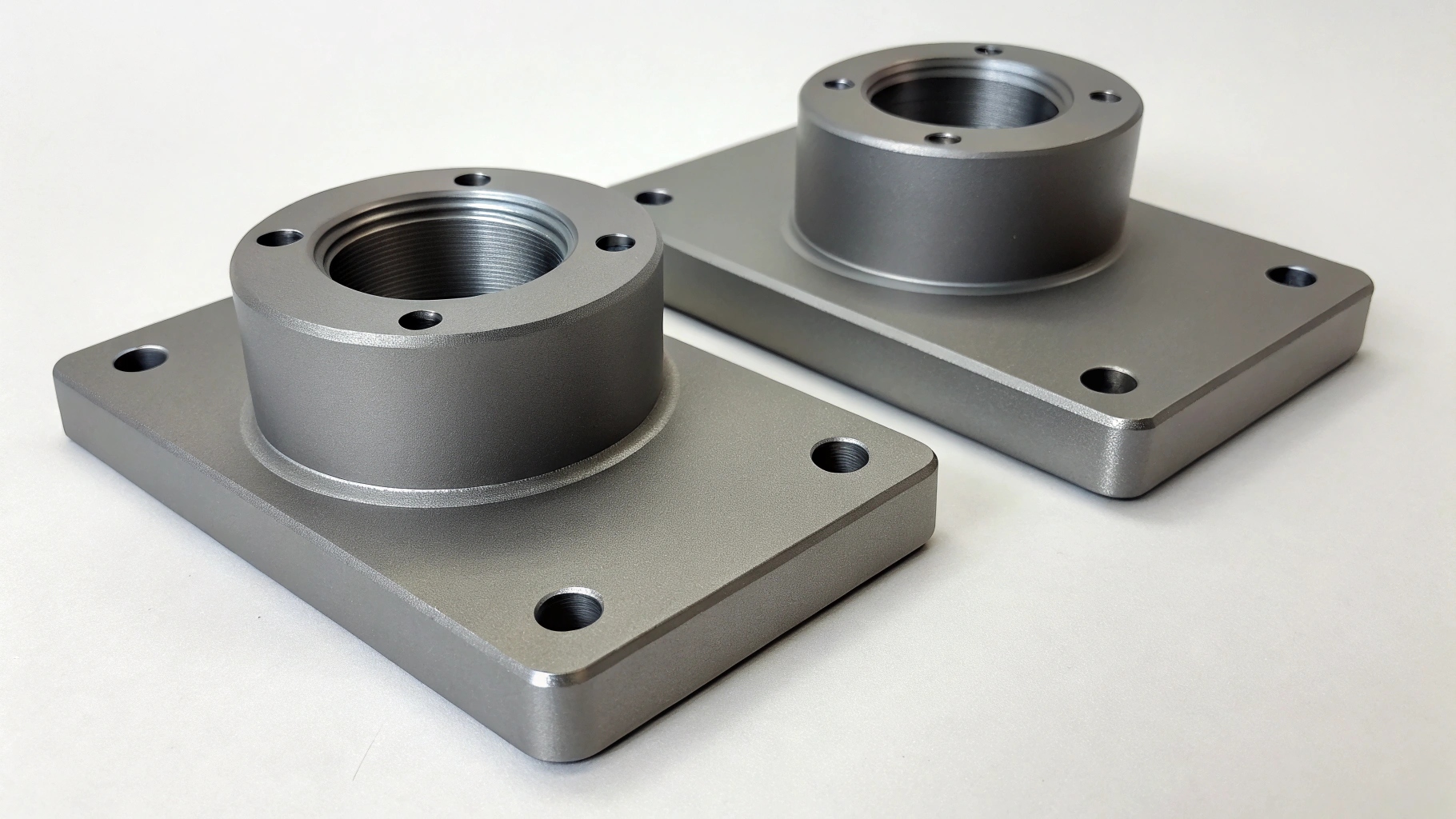CNC Meaning Machine: Understanding the Core of Modern Precision Manufacturing
The term CNC meaning machine refers to Computer Numerical Control (CNC) technology, a cornerstone of modern manufacturing that automates the production of precision parts. From aerospace components to medical devices, CNC machines enable industries to achieve unparalleled accuracy and efficiency. This article demystifies CNC machinery, explores its applications, and explains how companies like JLYPT Machining Solutions leverage this technology to drive innovation.
What Does CNC Machine Mean? Breaking Down the Basics
CNC stands for Computer Numerical Control, a process where pre-programmed software dictates the movement of factory tools and machinery. Unlike manual machining, CNC systems automate operations such as cutting, drilling, and milling with minimal human intervention.
Key Components of a CNC Machine:
-
Controller: The computer that interprets CAD/CAM designs into machine instructions (G-code).
-
Drive System: Motors and gears that move the tool along multiple axes (X, Y, Z).
-
Cutting Tool: End mills, drills, or lathes that shape the workpiece.
-
Workpiece: The raw material (metal, plastic, or composite) being machined.
For example, JLYPT’s CNC machining services use 5-axis CNC mills to produce complex geometries like turbine blades with tolerances as tight as ±0.001″.
The Evolution of CNC Machines: From Punch Cards to AI
-
1950s: Early CNC systems used punch cards to program simple tasks.
-
1970s: Introduction of CAD/CAM software enabled digital design integration.
-
2000s: Multi-axis CNC machines and real-time monitoring became industry standards.
-
Today: AI-driven CNC systems optimize toolpaths and predict maintenance needs.
JLYPT’s SmartControl AI software, for instance, reduces machining errors by 20% by analyzing real-time data from CNC operations.
How Does a CNC Machine Work?
-
Design: Engineers create a 3D model using CAD software.
-
Programming: CAM software converts the design into G-code instructions.
-
Setup: The operator loads the workpiece and selects tools.
-
Machining: The CNC machine executes the programmed operations.
-
Inspection: CMM (Coordinate Measuring Machine) verifies part accuracy.
Example: A stainless steel surgical instrument prototype is machined in 8 hours using JLYPT’s CNC services, compared to 3 days with traditional methods.
Applications of CNC Machines Across Industries
-
Aerospace: Engine components, landing gear, and satellite parts.
Case Study: JLYPT produced 50 Inconel 718 turbine blades for a jet engine manufacturer, achieving a 99.9% quality pass rate. -
Medical: Titanium implants, surgical robots, and MRI components.
-
Automotive: Transmission systems, EV battery trays, and custom brackets.
-
Consumer Electronics: Aluminum laptop casings, heat sinks, and connectors.
Advantages of CNC Machining
-
Precision: Achieve tolerances within ±0.0005″ for critical applications.
-
Speed: Automated processes reduce production time by 30–50%.
-
Scalability: Produce 1 prototype or 10,000+ parts with consistent quality.
-
Material Flexibility: Machine metals, plastics, ceramics, and composites.
-
Cost Efficiency: Minimize waste and labor costs through automation.
According to a 2023 industry report, manufacturers using CNC machines saved 25% on operational costs compared to manual machining.
Choosing a CNC Machining Partner: Key Considerations
-
Technical Capabilities
Ensure the provider offers multi-axis machining, EDM, and Swiss turning. -
Certifications
Look for ISO 9001:2015 or AS9100 certifications for aerospace projects. -
Material Expertise
Verify experience with materials like PEEK, titanium, or carbon fiber. -
Lead Times
JLYPT’s rapid prototyping service delivers parts in 3–5 days. -
Sustainability
Opt for shops using renewable energy and recycling programs.
The Future of CNC Machines
-
AI Integration: Self-optimizing CNC systems reduce human intervention.
-
Hybrid Manufacturing: Combine 3D printing and CNC machining for complex parts.
-
IoT Connectivity: Real-time machine monitoring via cloud platforms.
-
Nanomachining: Produce micro-components for electronics and optics.
JLYPT’s R&D team is piloting NanoCut, a CNC system capable of machining parts with sub-micron precision.
Why JLYPT Excels in CNC Machining Services
-
Zero MOQs: Order 1 prototype or 10,000+ parts with no minimums.
-
Instant Quotes: Upload designs to the JLYPT Platform for real-time pricing.
-
Eco-Friendly: Solar-powered facilities and 95% waste recycling.
Client Testimonial:
“JLYPT’s CNC machines delivered 500 aerospace brackets with zero defects. Their team explained every step, demystifying the CNC process.”
– David Lee, CTO of Horizon Aerospace
Conclusion
Understanding the CNC meaning machine is essential for businesses seeking precision, efficiency, and scalability in manufacturing. By partnering with certified experts like JLYPT, companies can harness CNC technology to innovate faster and reduce costs. Explore JLYPT’s CNC capabilities to transform your next project from concept to reality.
